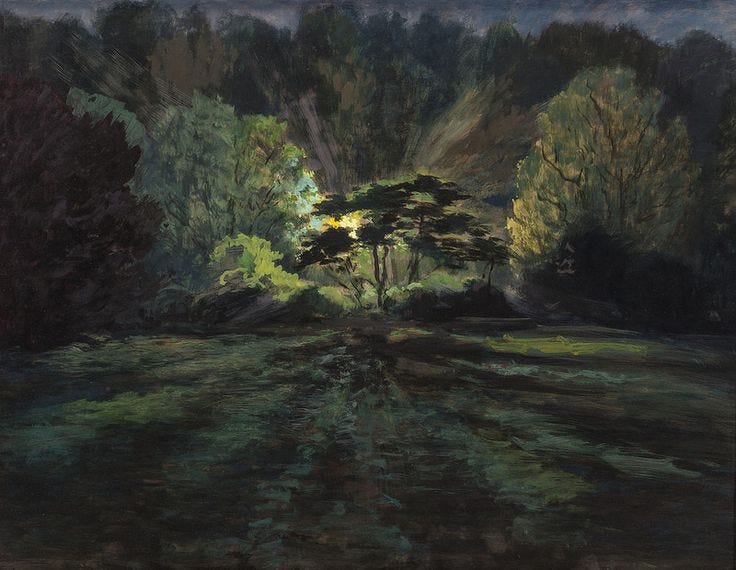“As emphasized in basic Buddhist thought the self and the universe share the same foundation; or rather, they are the same thing. For this reason we can feel in our minds the infinite significance of reality as infinite truth in knowledge, as infinite beauty in feeling, and as infinite good in volition. To know reality is not to know something external to the self but to know the self itself...... Our true self is the ultimate reality of the universe, and if we know the true self we not only unite with the good of humankind in general but also fuse with the essence of the universe and unite with the will of God”1
Reality, the real identity of absolutely everything, is just this unbounded, integrating activity of which only (broadly) physical phenomena appear as the objective world and only phenomena of consciousness appear subjectively.
Reality is neither mind nor matter, neither external nor internal, neither one nor many – all of these latter differentiations being produced and imposed on reality by discursive thinking. The ego is just a surface shimmer of the self which is the entire background, including all that we call the universe.
Reality therefore has it’s own colour, it’s own form, it’s own tradition, it’s own nationality, it’s own gender, it’s own, it’s own, it’s own.... before we abstract and reify impressions for ourselves about them. None of these divisions are anything more than – at best – relative, convenient, practical demarcations. Even the demarcations between nature and humanity, or between natural and unnatural are just products of reflective thought- as good as they are useful for the good and no more.
Fetishizing relative things produced by one aspect of human consciousness – the myriad categories we construct to understand ourselves and reality – beyond their relative use, in other words, making gods out of abstracts (race, gender, ethnicity, tradition, sexuality- all relatively valid, but ultimately derivative and ephemeral) is likely to lead us very far from the reality that is our true self, true identity, true nature, true homeground and of which diversity and unity are just expressions.
If we could just do what is beneficial (in as far as we can know such) or just not harm, and leave all things to be themselves as expressions of this same reality, without all the needless condiments, then that would be moving nearer to wisdom and sanity. That would allow the unclouded self-expression of reality.
“An Inquiry into the Good”, Nishida Kitaro




